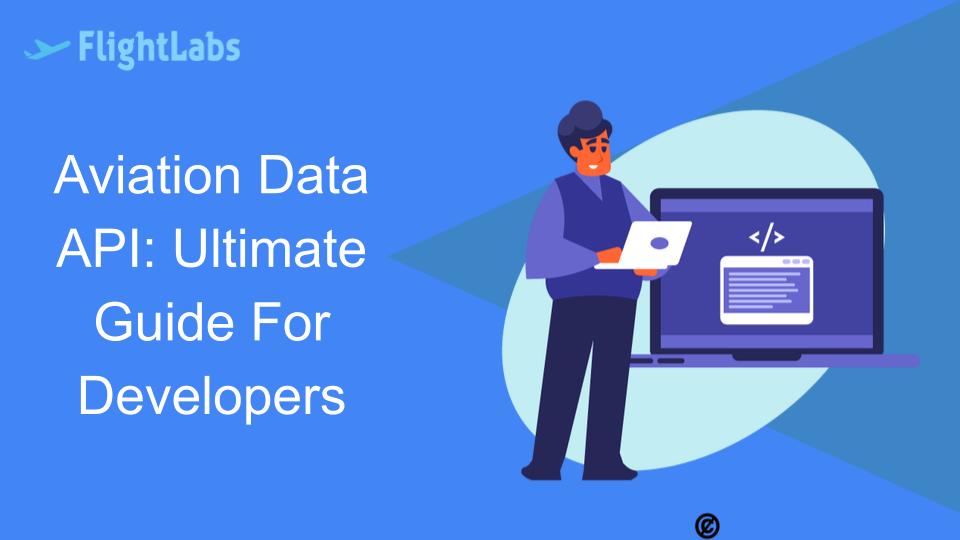Aviation Data API: Ultimate Guide For Developers

In today's dynamic aviation landscape, Aviation Data API plays a pivotal role in revolutionizing how industry stakeholders access and utilize critical flight information. The evolution of aviation data technology has shifted from manual processes to automated systems, offering real-time insights and enhancing operational efficiency. These APIs empower developers and businesses to harness accurate and comprehensive data, driving innovation and optimizing decision-making in the aviation sector.
Understanding Aviation Data APIs
Aviation Data APIs serve as vital tools in the modern aviation industry, providing access to a vast array of aviation data. These APIs encompass a range of functionalities, from air flight status tracker and aircraft data to flight schedules and airport information. Developers leverage these APIs to create innovative solutions for airlines, airports, and travel-related services. Understanding the diverse types of aviation data available is crucial for optimizing the use of these APIs and driving advancements in the aviation sector.
Benefits of Aviation Data APIs
Aviation Data APIs offer a multitude of benefits to developers and businesses in the aviation sector. They provide efficiency in accessing crucial aircraft data such as air flight status, airport schedules, and airline routes. This streamlined access leads to enhanced decision-making processes, enabling airlines and airports to make informed choices based on real-time flight data. Moreover, these APIs are cost-effective, eliminating the need for expensive infrastructure while providing valuable aviation data insights.

Getting Started with FlightLabs
To get started with FlightLabs, it's crucial to begin by choosing FlightLabs. Evaluate factors like aircraft API coverage, airline routes API accuracy, and airports API reliability. Once you've selected a provider, sign up and obtain API access. Familiarize yourself with the API documentation and explore available resources for integration. This ensures a smooth start and effective utilization of aviation data in your applications.
Exploring API Features
When exploring FlightLabs for aviation data, developers gain access to a treasure trove of information. Real-time flight data enables instant updates on aircraft positions and statuses, crucial for tracking and monitoring. Historical flight data offers insights into past trends and performance metrics, aiding in predictive analysis.
Airport information and schedules provide details on terminals, gates, and flight timings, enhancing operational efficiency. Leveraging these features from FlightLabs and aircraft data API sources optimizes aviation processes.
Integration with Applications
Integration with applications is a crucial aspect of modern API utilization. Web application integration facilitates seamless data exchange between web platforms and FlightLabs. Mobile app integration ensures real-time updates on aircraft statuses through flight tracker APIs.
Customization options enable tailored solutions for specific needs, while configuration settings streamline API usage. This comprehensive approach enhances user experiences and operational efficiency across airline routes and FlightLabs management systems.

Best Practices for API Usage
When utilizing FlightLabs, implementing best practices is crucial for optimal performance. Begin with robust data security measures to safeguard sensitive information. Develop protocols for effectively handling API errors to maintain seamless operations. Utilize optimization techniques to enhance API efficiency and response times. By following these best practices, users can maximize the benefits of air flight status tracker API and other aviation APIs, ensuring reliable and secure data access.
Future Trends and Developments
The future of aviation data technology is poised for remarkable advancements. Predictions indicate an evolution in FlightLabs functionalities, introducing new features that redefine data access and analysis. Innovations like aircraft API and airline routes API will drive efficiency, while airport database API and flight tracker API enhance real-time monitoring. As aviation data APIs evolve, they'll offer unprecedented insights into flight operations, revolutionizing the industry.